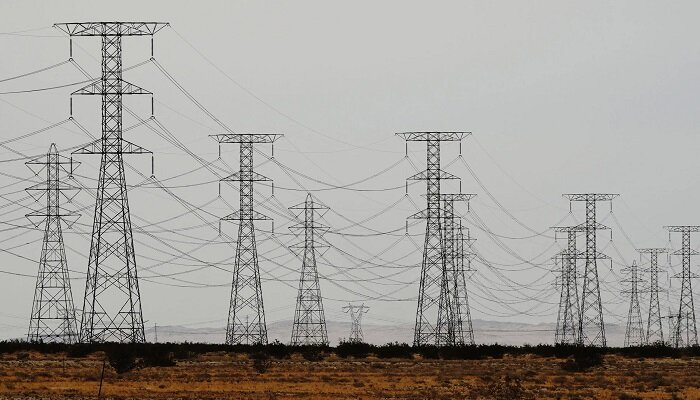Tennessee Tech University happens to be leading a three-year project across Appalachia so as to develop smart grid modelling as well as testing services.
The idea behind the over $20 million project, which happens to be supported with $10 million from the Appalachian Regional Commission, is to create as well as deploy services when it comes to utilities, energy tech startups, as well as others to model and also test smart grid scenarios before their implementation.
Specifically, with much of the region being rural, the rural electric coops should get enabled to roll out smart grid technologies so as to better serve their communities and at the same time address challenges like rolling blackouts that have gone on to impact consumers all across the country at times of peak energy usage.
These technologies include EV charging stations, solar PV arrays, wind farms, and battery storage.
The work may in all likelihood benefit the battery manufacturing expansion in Appalachia so as to fuel economic progress.
According to the vice president for research at Tennessee Tech, John Liu, it is indeed easy to take the power supply for granted; however, sustainable solutions that engage the natural resources of the region so as to modernize the energy infrastructure are required.
He added that they do look forward to working with their partners to that end.
Apparently, other partners in the multi-state partnership happen to be located in Ohio, Pennsylvania, Massachusetts, West Virginia, as well as Tennessee.
The project is making use of the HILLTOP microgrid simulation platform, which was apparently developed before by Tennessee Tech as well as the Massachusetts Institute of Technology- MIT Lincoln Laboratory, with each of the partners focusing on a varied aspect of the modelling services.
For instance, the Penn State team will go on to focus on bolstering the resilience of Tri-County Rural Electric Cooperative, which happens to offer electricity to approximately 20,000 people throughout an area of 13,000 km2.
The professor of electrical engineering at Penn State Harrisburg, Peter B. Idowu, opines that Appalachia regions are more often left behind in advanced technologies, and the areas are remote as well as generally small sans the resources required to adapt smart grids.
He added that they are providing the framework for regional usage to create their grid. He further said that they are helping them gauge what their network may look like. What will unfold if they happen to put a charging station in one spot over another or if they go on to incorporate windmills? They can begin to assess their situation and also see what their best grid would look like prior to making decisions and committing the resources.
It is well to be noted that Tennessee Tech anticipates that within a period of one year of the project’s completion, it will go on to have served and enhanced around 500 businesses, such as seven rural electric utilities, one energy technology startup, 60 electrical engineering firms, as well as 400 freelance software developers.
Economic affect analyses are also going to be conducted for the utilities in order to assess the impact of the cost savings for the utility and also the downstream effect in case of consumers as well as businesses.
Notably, the Appalachian Regional Commission happens to be an economic development entity of the federal government, along with the 13 state governments within the region.





































